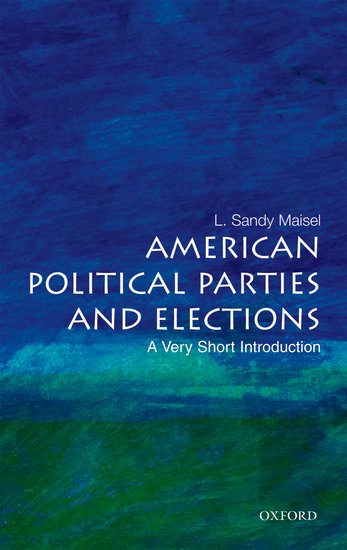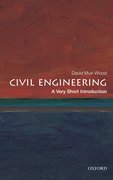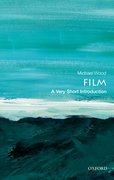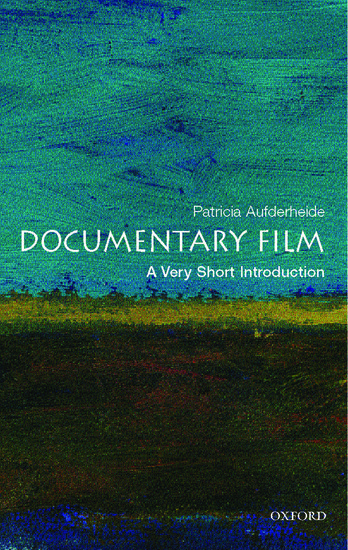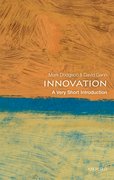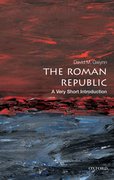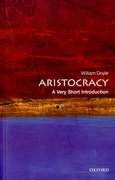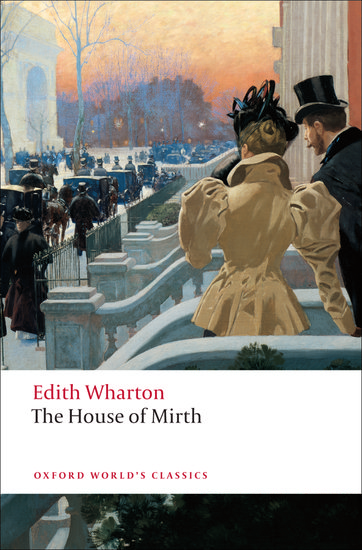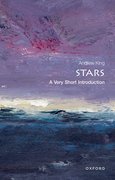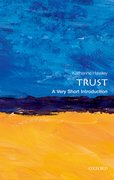Context clues in the American presidential campaigns
By Sandy Maisel
Presidential campaign watching is a great American game. Did Romney respond correctly when challenged on why he failed to mention our men and women in uniform in his convention speech? Does President Obama really like hanging out in sports bars and receiving giant bear hugs from pizza shop owners? How big was the Obama convention bounce and what does it mean?

